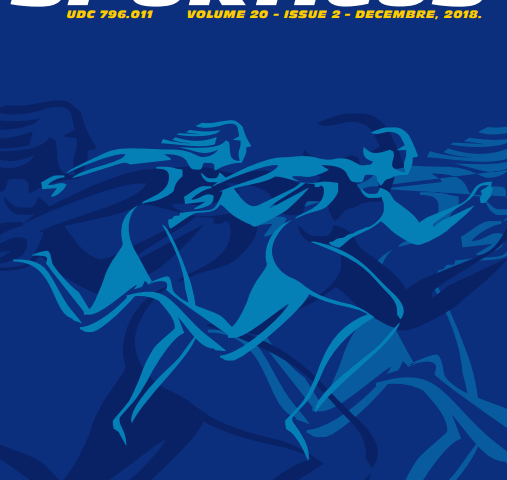This review examines the role of leisure in promoting physical, psychological, and social well-being, while addressing barriers to inclusive leisure for marginalized groups, including individuals with disabilities, the elderly, and ethnic minorities. Inclusive leisure is increasingly recognized as essential for social inclusion and equity, with global organizations like the United Nations advocating for equitable access in their Sustainable Development Goals. However, many barriers, such as inaccessible infrastructure, social exclusion, and financial constraints, continue to limit participation.
The review employs a narrative approach, synthesizing literature on inclusive leisure and accessibility in public spaces. A systematic search of academic databases identified studies focused on barriers and facilitators for marginalized groups, with attention to global and Turkish contexts.
In Turkey, initiatives like the Accessible Cities Project have aimed to improve public spaces, but challenges persist, especially in rural and underserved areas. The review emphasizes the need for continued efforts to promote inclusive leisure environments, ensuring equitable access to leisure for all individuals
Keywords: Inclusive leisure, Accessibility, Participation


